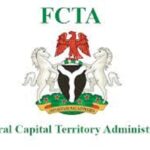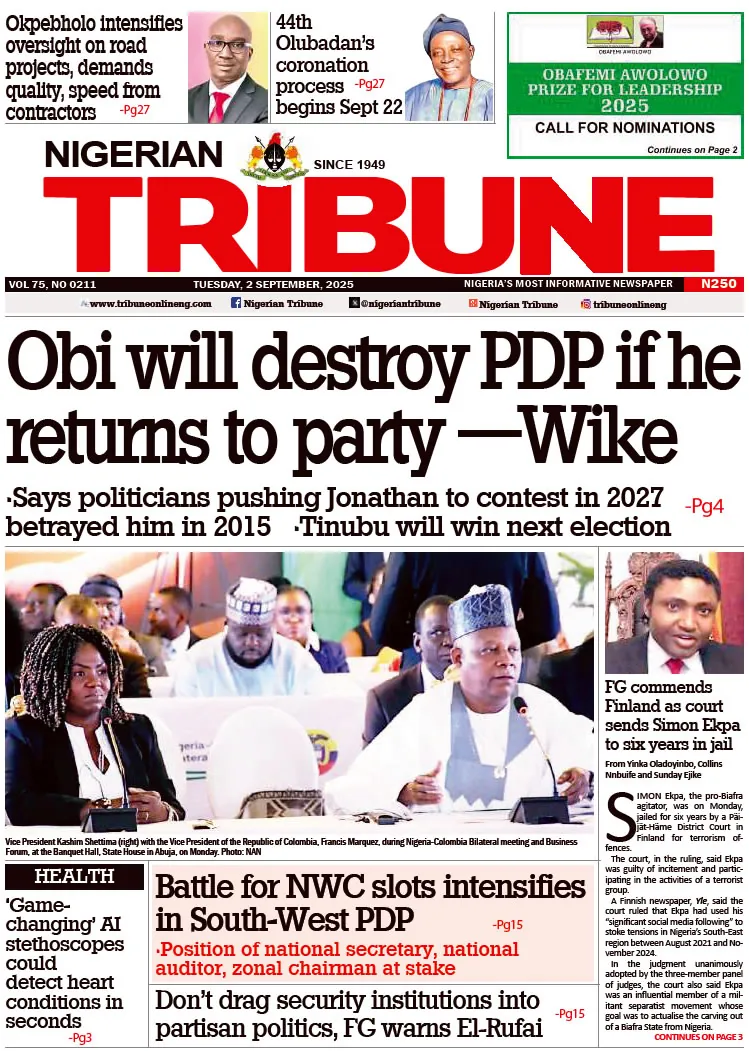The Organization for Community Civic Engagement (OCCEN) expressed concern over what it describes as judicial threats to the Nigerian electoral system, where legal technicalities are used and render voter mandates.
This was contained in a press statement issued, signed, and made available by the group’s executive director, Comrade Abdulrazaq Alkali, warning against any act that would jeopardize the confidence of the electorate in the election outcomes and the emergence of leaders.
The statement expressed worry over what is described as the “Judicialization of Nigeria’s electoral system,” threatening the country’s existing democracy.
Comrade Abdurrazaq Alkali said, “The system is a serious threat to the future of the country and its existing democracy.”
According to the statement, the belief that Nigerians have towards the democratic process is eroding significantly, forcing a serious threat to the good future of the country and its democratic system.
The statement stated, “When citizens lose confidence in the democratic system with the belief that their votes don’t decide election outcomes but rather every election is decided by the judiciary, election outcomes are judicialized.”
Comrade Abdurrazaq Alkali maintained that the aftermath of the 2023 national election had left so many legal disputes just like the previous ones. Almost every contested position in the country, including hundreds of state and national assembly seats, governorships, and presidential elections, is being contested at the tribunals, appeal court and supreme court.
He noted that resolving election disputes now seems to be a controversial, complex, and largely technical process that challenges the intelligence of ordinary voters.
The technicality of electoral disputes is largely due to its strict dependence on the electoral law, which, unfortunately, is sometimes made disputable due to shifting judicial attitudes and/or interpretation of the electoral act over the years, as well as politicians exploiting and using every legal loophole they can find.
“It is on record that 552 election petitions were filed by the aggrieved candidates who participated in the National Assembly elections alone. These ongoing election disputes in our tribunals and appeal courts have stretched the Nigerian judiciary thin, having severe consequences on the efficiency and performance of the judiciary.”
He said that it is clearly evident that some politicians who lost elections would rather go to courts for all sorts of dubious reasons, wasting the courts’ time and resources. If the verdict goes against them, they will have the courts and judges to blame and blackmail. There is evidence of this all over the country, where politicians and their supporters resort to threatening and blackmailing judges.
Alkali added that by stretching the judicial system with election disputes, the other legal disputes that have nothing to do with elections suffer many setbacks, with hearings and rulings on many other criminal and civil cases adjourned by several months. This is in no way healthy for our country and our democracy.
While the appeal or supreme courts usually repeal some of these strange judgments, others don’t get repealed for many other reasons. In a disciplined judicial set-up, it is never an excuse for tribunal judges to interpret the electoral laws as they see fit and pass contradictory and controversial judgments just because they offer the dispute parties the right to appeal the judgment.
“The above reasons explain why Nigerians are losing interest in the democratic and electoral systems. The fact that voting or giving a candidate the highest votes in a free and fair election does not guarantee that the candidate will eventually emerge as a winner. Rather, the courts will always have the final say in determining the winner through a judicial process that is overly stretched and sometimes imperfect,” Alkali said.
He then urged Nigerians that, for the survival and development of this country, it is very important that they do not lose hope in our electoral system but play a significant role in upholding our democracy by pushing for changes to strengthen the electoral system.
Comrade added that there is a need to call for strengthening prosecution laws with stringent punishments for people involved in dubious acts to truncate or invalidate the votes of their opposition or meddle in opposition parties’ political processes.







